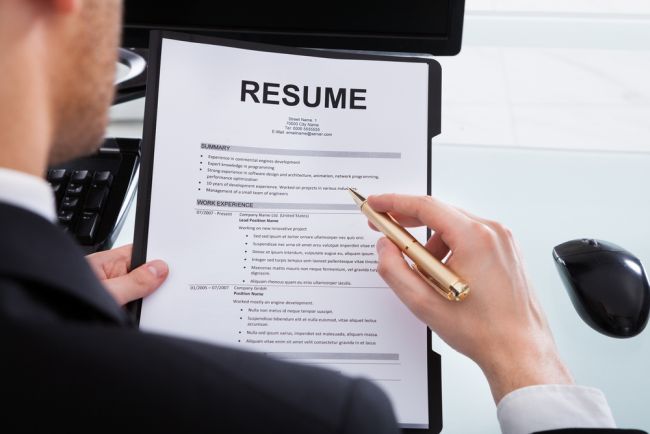
In a recent development, the Department of Justice (DOJ) reached a $25 million settlement with Apple Inc., alleging discriminatory practices in hiring against U.S. citizens. This marks the second enforcement action against a major U.S. employer for bias when sponsoring foreign workers for lawful permanent residency. Immigration attorneys argue that this settlement underscores a disconnect between federal agencies, specifically the Departments of Justice and Labor, in enforcing compliance with immigration laws.
Outdated Mandates and the Need for Guidance
The settlement with Apple brings attention to the anachronistic nature of mandates imposed by the U.S. Labor Department (DOL), particularly those associated with the permanent labor certification program known as PERM. Immigration attorneys suggest that these mandates, such as advertising in Sunday print newspapers, are outdated and highlight the necessity for clearer guidance on navigating oversight from both the Departments of Justice and Labor.
Conflicting Requirements for Employers
Large employers, while seemingly compliant with DOL regulations, can still face Justice Department enforcement actions for recruitment failures when seeking lawful permanent residency for foreign workers. This situation reveals a pressing need for updating rules aligned with current hiring practices and for federal agencies to align their oversight approaches.
Cyrus Mehta, managing partner at Cyrus D. Mehta & Partners, PLLC, remarks, “Employers who wish to sponsor skilled, and badly needed, foreign workers for permanent residency are caught between the conflicting requirements of two federal agencies.”
Navigating the PERM Process
Companies intending to sponsor workers for lawful permanent residency must navigate the DOL’s PERM process. This involves advertising positions with an agency-approved prevailing wage, conducting a wage test, securing a labor certification, and submitting an immigrant worker petition with U.S. Citizenship and Immigration Services. Delays in the process, exacerbated by the pandemic, have raised employer concerns about talent retention, particularly for smaller firms with fewer sponsored employees.
Tech Employers Under Scrutiny
Large tech employers, heavy users of the PERM process, and the H-1B visa program face additional scrutiny in navigating recruitment mandates. Approximately two-thirds of H-1B visa workers are employed in tech or computer-related fields. The settlement with Apple emphasizes employers’ importance in addressing DOL regulations and emerging enforcement trends at the DOJ.
Allegations Against Apple
The DOJ alleged that Apple implemented measures to discourage U.S. workers from applying for positions involved in the PERM process. This included requiring paper applications instead of online submissions and not advertising PERM positions on its external website, contrary to standard practices. Such measures resulted in fewer or no submissions from applicants lacking temporary work authorization.
Bob Webber, an immigration attorney at the Webber Law Firm, notes, “It’s like DOL wants you to comply with the trees, but DOJ says you missed the forest.”
Similarities with Previous Cases
This settlement with Apple echoes a case in 2021 involving Facebook, where the DOJ settled allegations of hiring bias for $14.3 million. Both cases highlight the need for employers to evaluate their permanent labor certification programs under both DOL regulations and the DOJ’s enforcement trends.
Federal Agencies’ Inconsistent Approach
While the DOJ asserts jurisdiction over the PERM process, some immigration attorneys argue that this position is faulty, as PERM regulations have no hiring mandate. The lack of a unified approach among federal agencies and outdated recruitment mandates emphasizes the need for comprehensive updates to align with contemporary hiring practices.
Future Outlook and Legal Challenges
The future focus on the PERM process remains uncertain beyond tech giants like Apple and Facebook. However, a recent court victory for SpaceX against DOJ investigations into alleged hiring discrimination may pave the way for other companies to challenge such enforcement actions. Elon Musk’s SpaceX successfully argued that the case was unconstitutional, raising questions about why Apple and Facebook opted for settlements rather than contesting the lawsuits.
In summary, the $25 million settlement with Apple sheds light on the challenges employers face in navigating conflicting requirements from federal agencies and the pressing need for a unified approach to immigration law oversight.
Don’t be a silent ninja! Let us know your thoughts in the comment section below.
















































